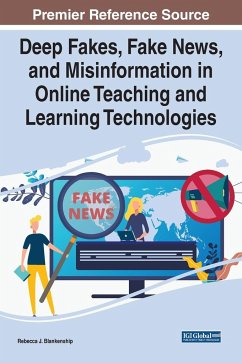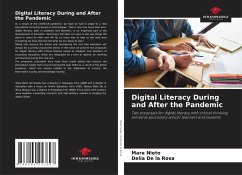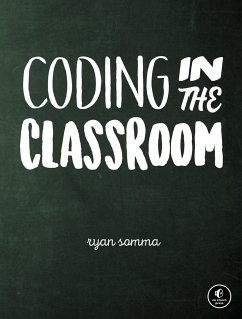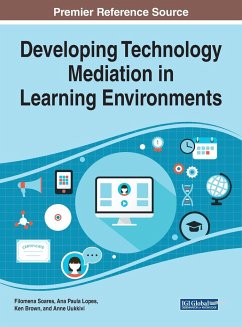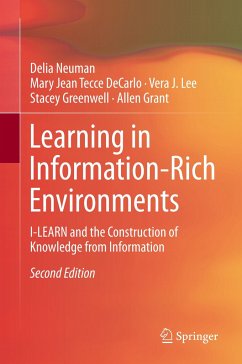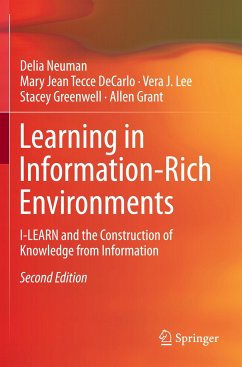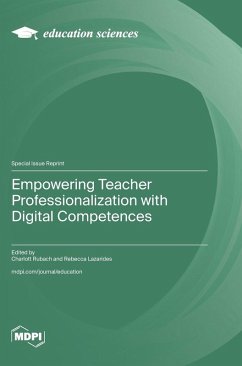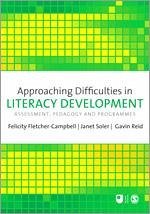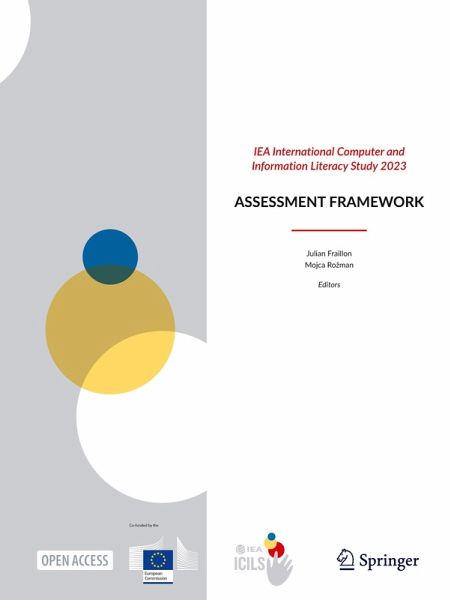
IEA International Computer and Information Literacy Study 2023
Assessment Framework
Herausgegeben: Fraillon, Julian; Rozman, Mojca
Versandkostenfrei!
Versandfertig in 6-10 Tagen
31,99 €
inkl. MwSt.

PAYBACK Punkte
16 °P sammeln!
This open access book presents the conceptual and operational foundations of the IEA International Computer and Information Literacy Study (2023), which is designed to assess how well students are prepared for study, work, and life in a digital world. The study measures international differences in students' computer and information literacy (CIL): their ability to use computers to investigate, create, participate and communicate at home, at school, in the workplace and in the community. Participating countries also have an option for their students to complete an assessment of computational t...
This open access book presents the conceptual and operational foundations of the IEA International Computer and Information Literacy Study (2023), which is designed to assess how well students are prepared for study, work, and life in a digital world. The study measures international differences in students' computer and information literacy (CIL): their ability to use computers to investigate, create, participate and communicate at home, at school, in the workplace and in the community. Participating countries also have an option for their students to complete an assessment of computational thinking (CT).
The ICILS assessment framework articulates the basic structure of the study. It provides a description of the field and the constructs to be measured. It outlines the design and content of the measurement instruments, sets down the rationale for those designs, and describes how measures generated by those instruments relate to the constructs. In addition, it hypothesizes relations between constructs so as to provide the foundation for some of the analyses that follow.
The ICILS assessment framework articulates the basic structure of the study. It provides a description of the field and the constructs to be measured. It outlines the design and content of the measurement instruments, sets down the rationale for those designs, and describes how measures generated by those instruments relate to the constructs. In addition, it hypothesizes relations between constructs so as to provide the foundation for some of the analyses that follow.





